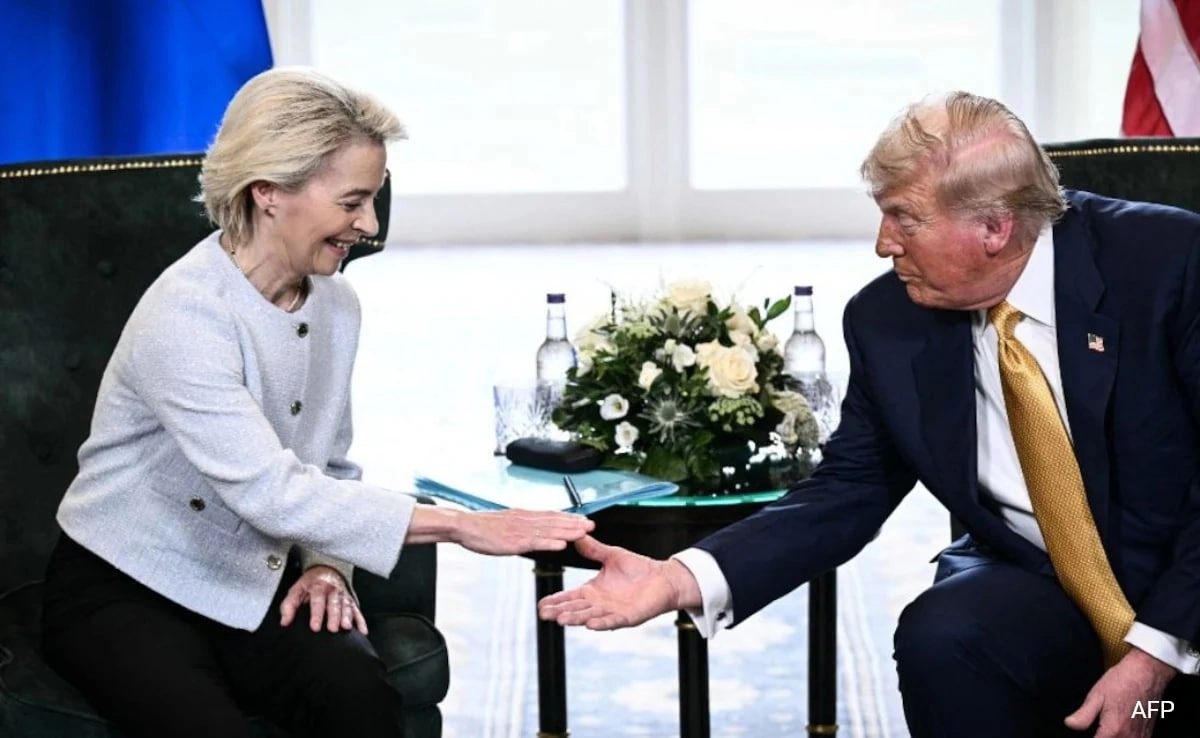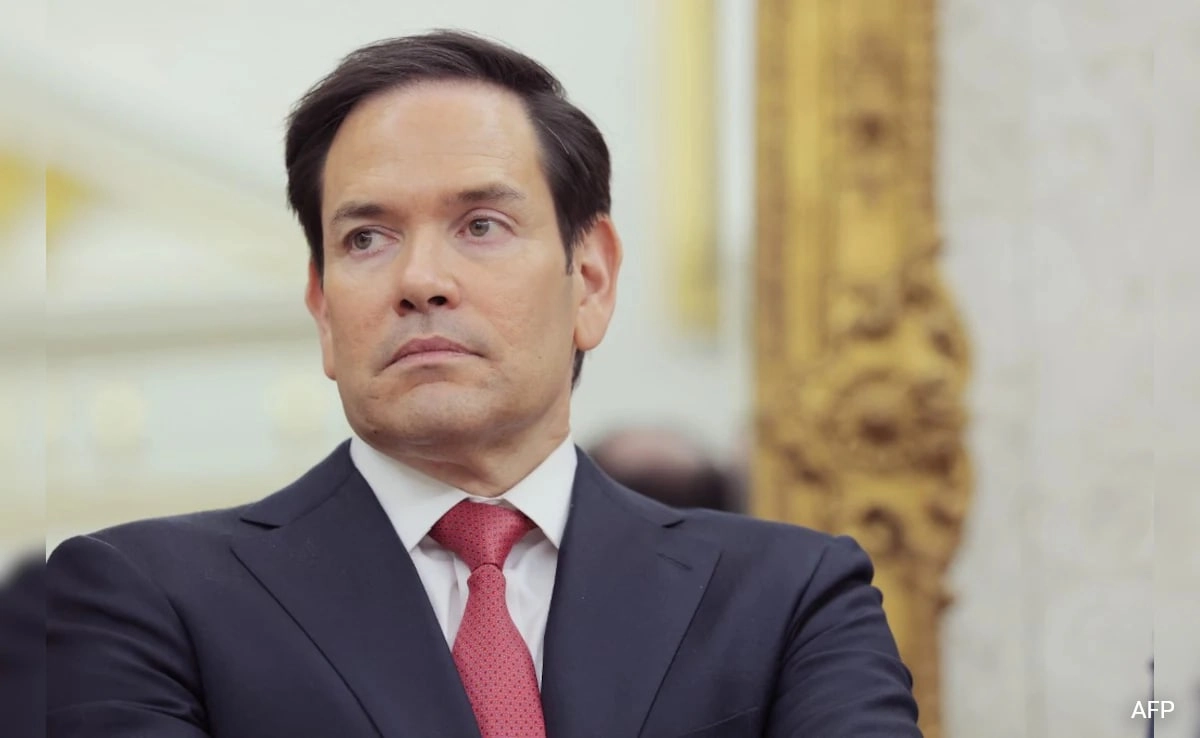Former President Donald Trump announced a landmark trade agreement with the European Union, which he described as the “biggest-ever” trade deal between the two economic powerhouses. This agreement marks a significant shift in the economic relationship between the United States and the EU, aimed at reducing tariffs and fostering a more balanced trade environment. The deal comes after years of negotiations and tensions surrounding trade practices, particularly during Trump’s tenure, when he often criticized existing trade agreements as unfavorable to American interests.
The new trade accord is expected to open up various sectors, including agriculture, technology, and manufacturing, allowing American businesses greater access to European markets. The agreement also includes provisions aimed at reducing regulatory barriers, simplifying customs processes, and enhancing cooperation in industries such as renewable energy and digital trade. Trump’s administration has emphasized that this deal will create jobs and stimulate economic growth in the U.S., as American companies will have more opportunities to export their goods and services to European consumers.
Critics of the deal, however, have raised concerns about its potential impact on local economies and industries within the EU. They argue that while the agreement may benefit large corporations, it could undermine smaller businesses and lead to job losses in certain sectors. Furthermore, some analysts caution that the long-term effects of the deal remain uncertain, particularly in light of ongoing global economic challenges and shifting trade dynamics. As both the U.S. and the EU navigate the complexities of this agreement, the focus will be on how effectively it can be implemented and whether it will deliver on its promises of economic growth and cooperation.
In conclusion, the trade deal between the Trump administration and the European Union represents a significant development in international trade relations. While it offers potential benefits for American businesses and consumers, it also raises questions about its broader implications for the European market and the global economy. As stakeholders from both sides prepare for the practicalities of this agreement, its success will ultimately hinge on collaboration and adaptation in an ever-evolving trade landscape.




